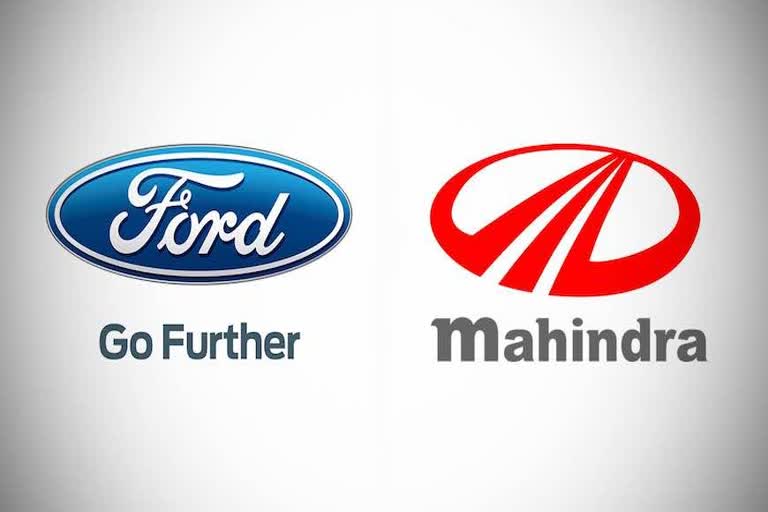New Delhi: Following protracted negotiations, Ford India and Mahindra and Mahindra are expected to soon enter a joint venture (JV) agreement for manufacturing the US-based car maker's products in India, sources said on Wednesday.
The potential deal will place the majority stake of the JV in the hands of Mahindra at 51 percent, while the remaining will be held by Ford India.
The expected deal will effectively end the American automobile major's direct operations in India. It is expected to reduce product development costs and gain economies of scale for both companies.
"Forging partnership for the future, we remain engaged with Mahindra to develop avenues of strategic cooperation that help us achieve commercial, manufacturing and business efficiencies. We look forward to sharing more information at the appropriate time, and can't comment on the ongoing speculation," said a Ford India spokesperson.
"Ford remains committed to growing its customer base in India and will continue to make in India, for India and the world. We have a strong brand, customer and dealer network in India. Using this as a foundation, we are working to expand our presence and product portfolio. We are confident that our success in India will enable us to unlock value in other emerging markets as well," the spokesman added.
Interestingly, the move is in-line with the company's global practice of streamlining operations and propping up profitability.
In April, the two companies entered an agreement to co-develop a midsize sports utility vehicle (SUV) which will be built on a Mahindra product platform and powertrain.
Earlier, the auto majors agreed to develop and supply a low-displacement petrol engine for use in Ford's present and future vehicles, beginning 2020. Mahindra and Ford also announced joint development of a telematics control unit.
The two companies had entered into a strategic alliance in September 2017, followed by an announcement on powertrain sharing and connected car solutions in October 2018.
Read more: Investor wealth drops by Rs 1.84 lakh crore on heavy sell-offs inequities
Established in 1995, Ford in India manufactures and exports automobiles and engines made at its integrated manufacturing facility in Chennai and Sanand, Gujarat.
At present, Ford offers the following vehicles -- EcoSport, Freestyle, Figo, Aspire, Endeavour and Mustang. Ford's operations in India also include global business services with offices in Chennai, New Delhi, and Coimbatore.
It currently employs more than 14,000 men and women across its operations in India.
On its part, Mahindra has led the utility vehicles segment in India for the past seven decades. Mahindra also owns a majority stake in SsangYong Motor Company in Korea, and has entered into the shared mobility space with investments in ridesharing platforms in the US.



